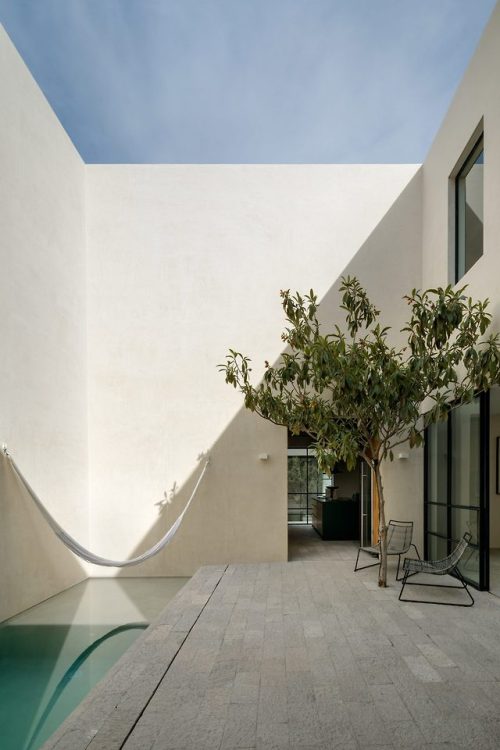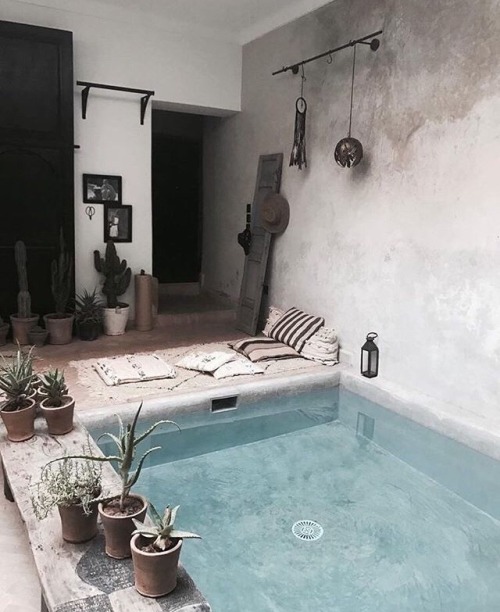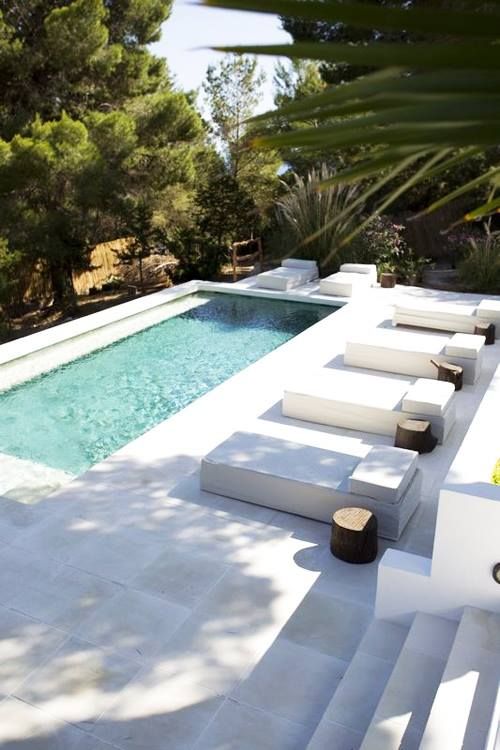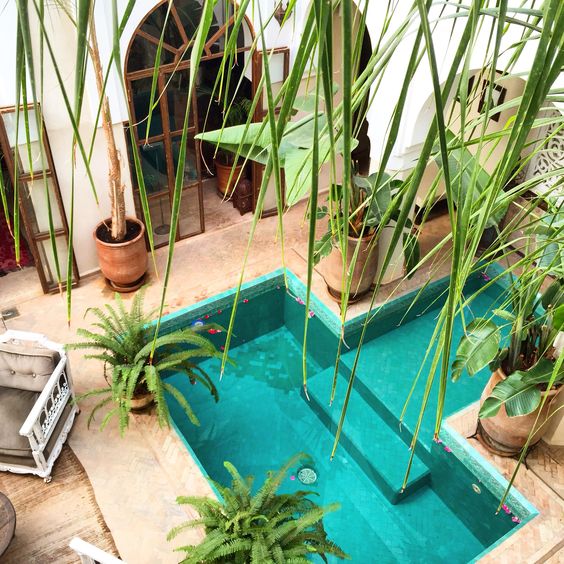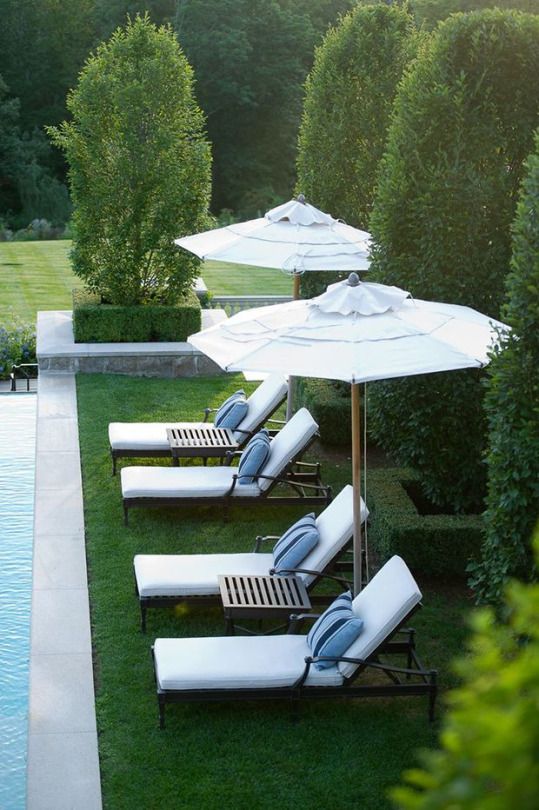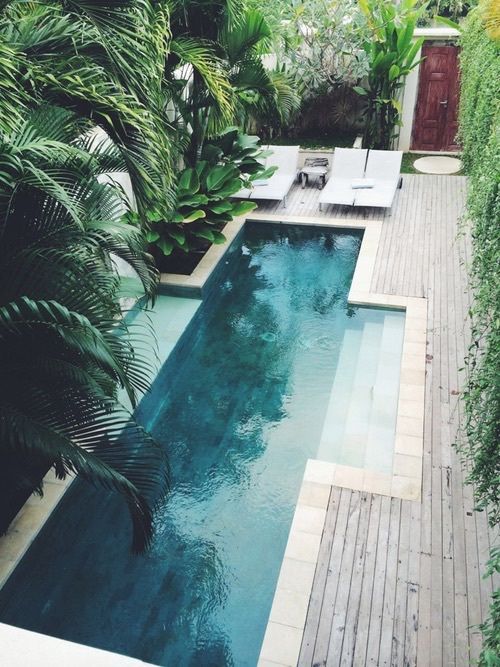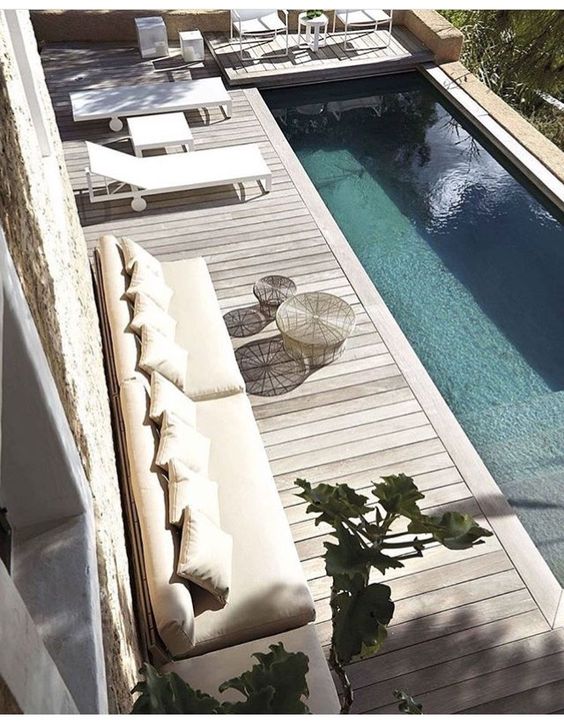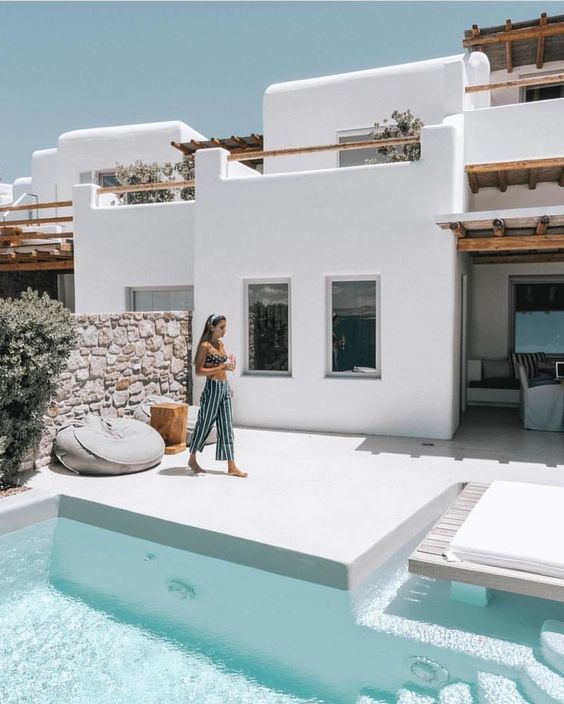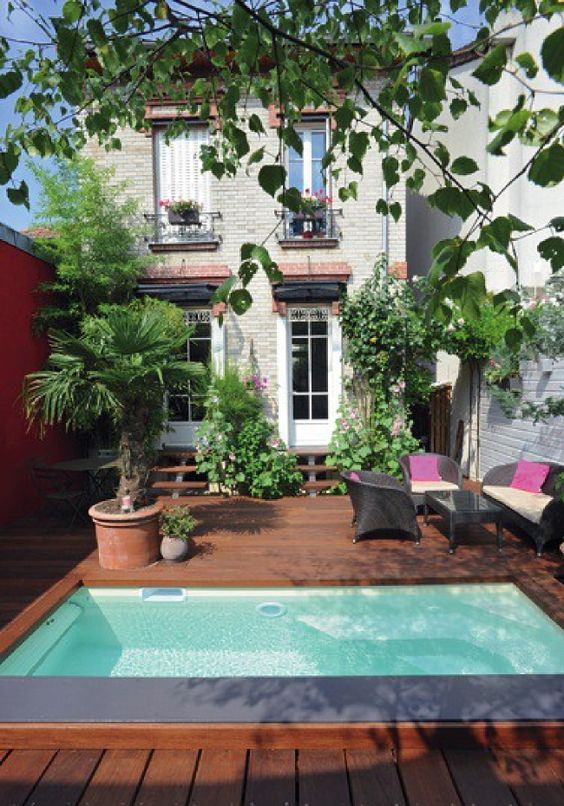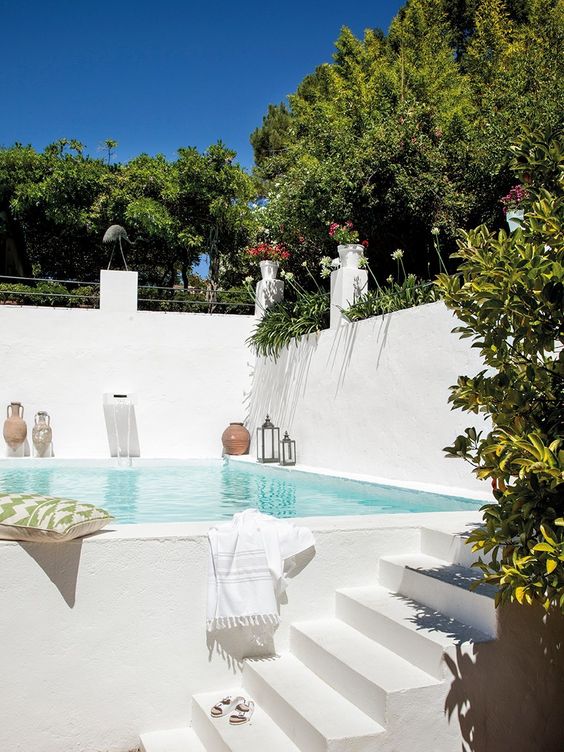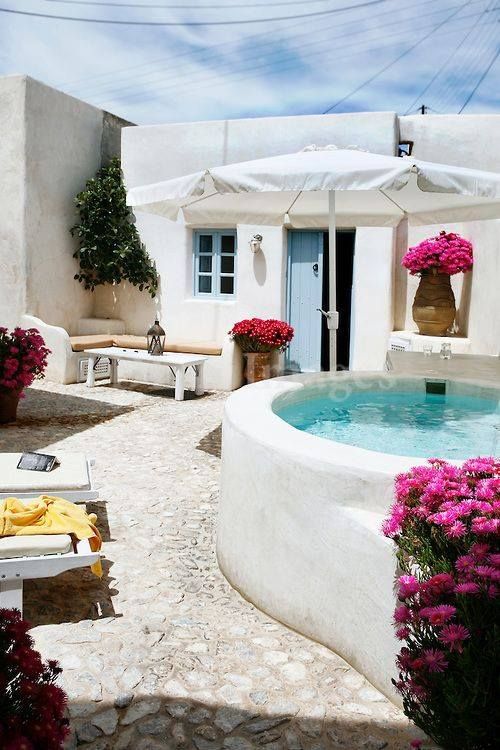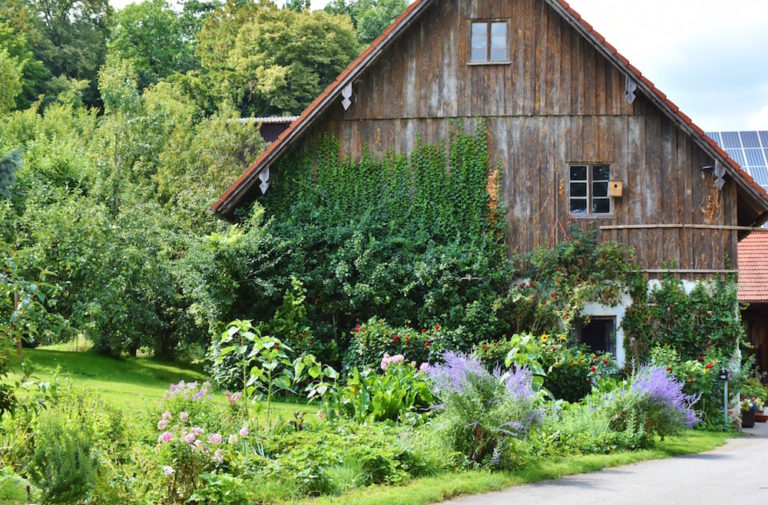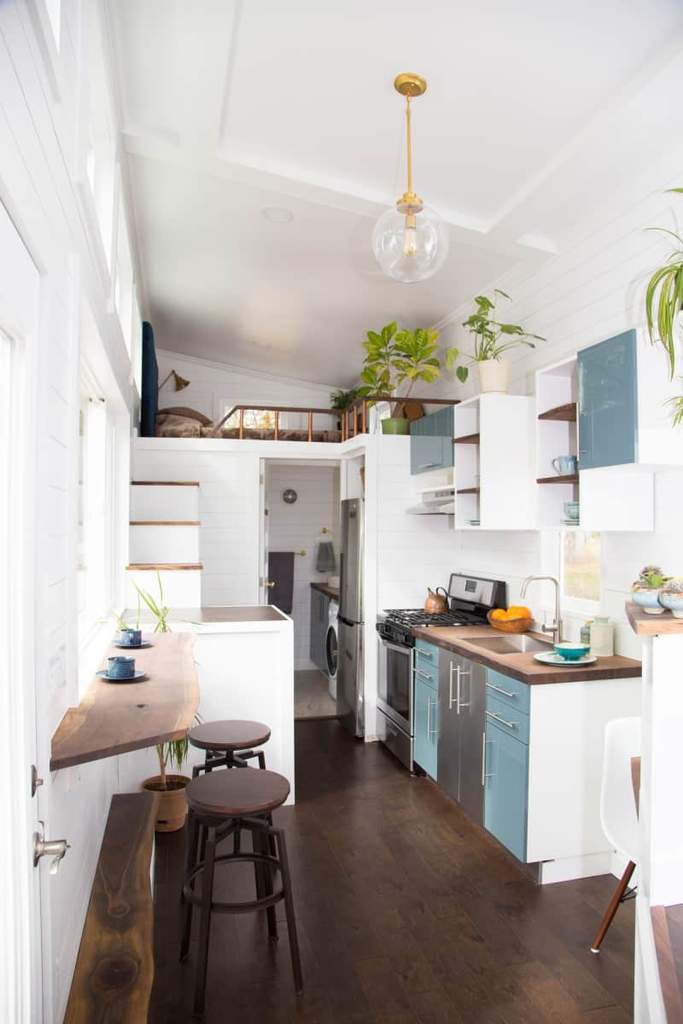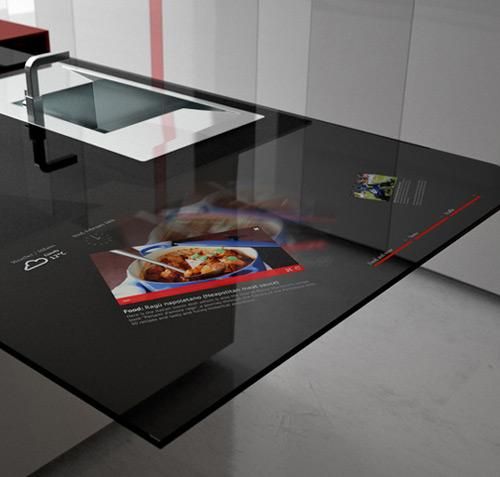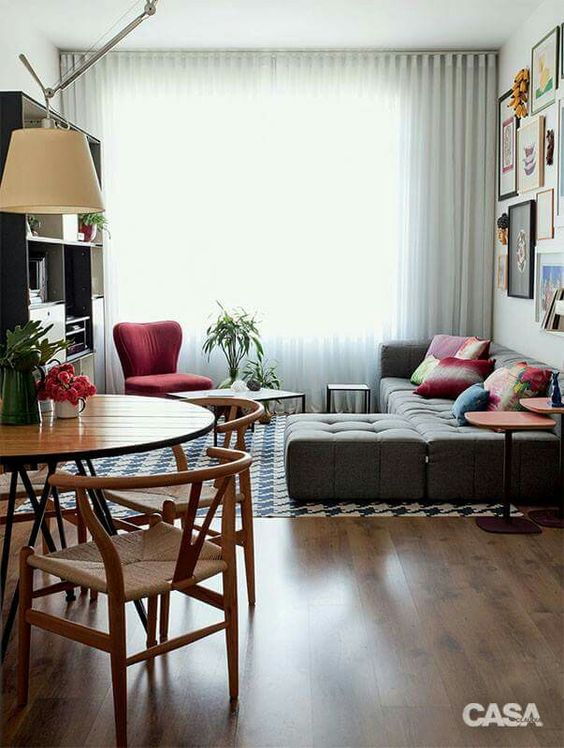Planning a Pool? 6 Questions To Ask Yourself Before Taking The Plunge
So, you’ve taken the plunge (so to speak) and decided to install a swimming pool at home. Great idea. Do you know what is lurking in public pools? Last year The Guardian reported that swimmers release as much as 75 litres of urine into a public swimming pool over a period 3 weeks. On top of which, there are all sorts of parasites and bacteria lurking in public pools and hot tubs. In fact, most pools contain dangerous fecal material.
That’s quite enough to make any serious swimmer want to take the leap and install their own pool! But before you rush out and sign on the dotted line with your chosen swimming pool builder, you should ask yourself these 7 things.
Why do I want a swimming pool?
There are many great reasons for choosing to invest in a pool at home, but swimming pools are costly to install. As with any other big investment project, it’s important you consider carefully why it is that you want a pool.
There is little point installing a tiny pool if your prime purpose is to up your swimming training (though a lap pool might be an option). If you are clear about why you want a pool, your swimming pool builder can offer guidance about the best type of pool to suit your requirements.
Do you want a pool for relaxing, swimming training, or recreation and family time? Importantly, will you use it enough to justify the expense? Or, is it to be merely a focal point in your garden?
Who will use the pool?
Before you get carried away with the type of pool you think you want, you may want to consider who will be using it. There are lots of design details you will need to consider to accommodate the different needs of those who will be using the pool. For example, do you have young children? In which case, you may want a graduated pool with a shallower end.
Do I want an indoor or outdoor pool and is my garden suitable?
While the cost of installing an indoor pool may put you off, if you are more likely to use an indoor pool, you will ultimately get more value from it. In England, an outdoor pool doesn’t generally get much use in the winter months between October and March. On the other hand, with an indoor pool, you can swim all year round, even if it is snowing a blizzard outside.
Swimming pool builders Compass pools, say that even though there are pros and cons for both indoor and outdoor options, one thing people forget to consider is the fact that indoor pools require more space. With indoor pools you need extra room for a heating system, a plant room for the environmental system and a changing area.
If you are set on an outdoor pool, you will also need to consider if your garden is suitable. Is there enough space? Do you have a level garden? If your garden slopes steeply, construction costs will be higher. Ground conditions or unstable soil may also make building a pool trickier.
Where will the swimming pool go?
First of all, find out if there are any planning requirements for your property for installing a swimming pool. Outdoor pools do not generally require planning permission, unless you are in an area of outstanding natural beauty, a conservation area, a listed property or on green belt land.
Indoor pools, if housed in an outbuilding, may also escape the need for planning permission, but building regulations will need to be adhered to with regards to ventilation. Always check with your local authority regarding planning permission before committing to any building works.
Gas, electric, telephone and cable lines may influence the pool’s location as these can be expensive to relocate. Consider how people will get into the pool and any sun terrace you may like to add.
You will also want to consider shade from buildings and trees, which may limit your pool positioning.
What shape and style of pool do I want?
Choose a shape and style of pool that matches the style of your property. Or if you have your heart set on a pool style that doesn’t match your property, try to position it further away from your home so you can create a transition area.
What materials do I want my pool to be constructed with?
You will need to choose the material you would like your pool to be made from. The main options are concrete, vinyl or fibreglass. Concrete gives the most flexibility with shape and size but can take longer to construct.
A fibreglass pool is made off-site and lifted into the excavated hole in your garden. Although not as flexible with size and shape as concrete, there are still many sizes and shapes to choose from. Not all fibreglass pools are the same. Compass Pools, for example, use ceramic composite technology to make their pools, which is very resilient against ground movement. The composite is also impermeable to bacteria.
Vinyl liners are another option and are more flexible than fibreglass options, though not as flexible as concrete. Vinyl liners are the least expensive option when it comes to home swimming pools but tend to need replacing on average every 8-12 years.
Hopefully, our questions you must ask yourself have given you some clarity for your pool installation project. Now you just need to find yourself a reputable pool builder. One last tip, be sure your pool builder is registered with SPATA, the Swimming Pool and Allied Trades Association. Full members of SPATA have been vetted and adhere to industry standards.
Happy splashing!

